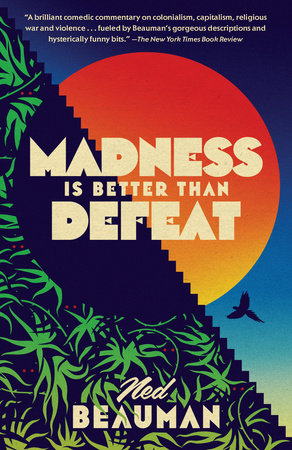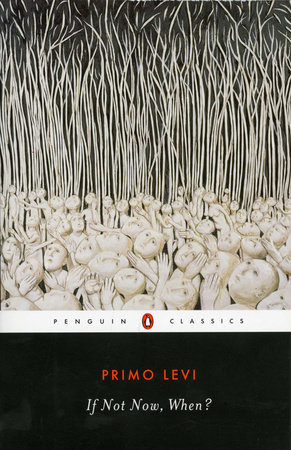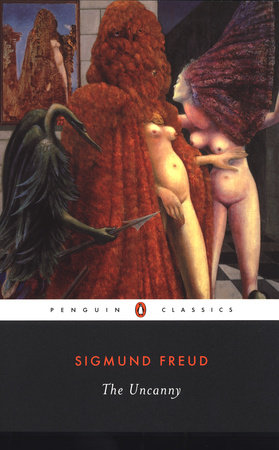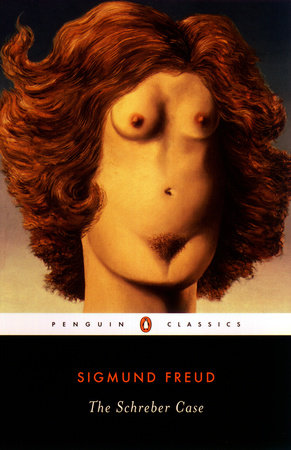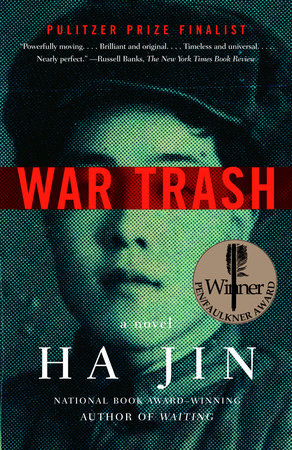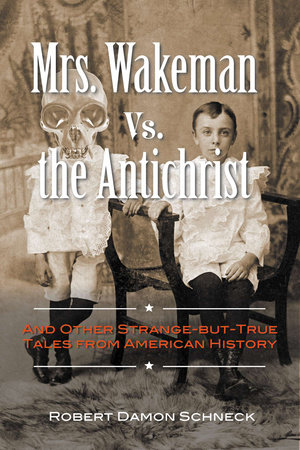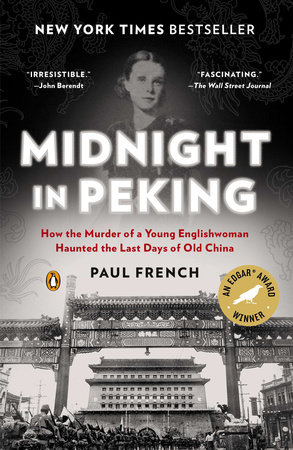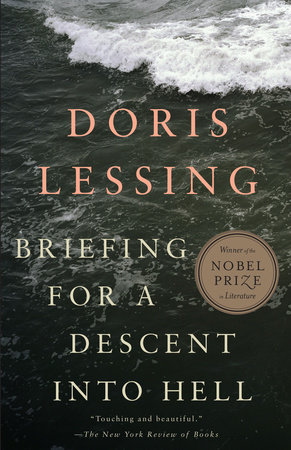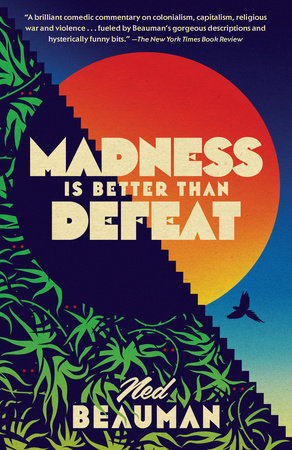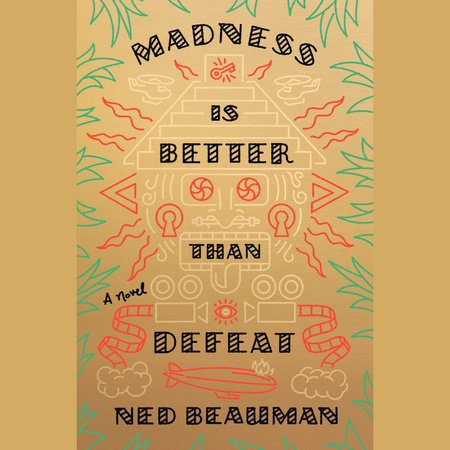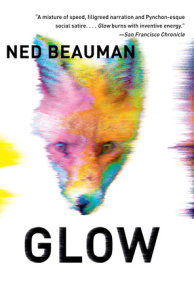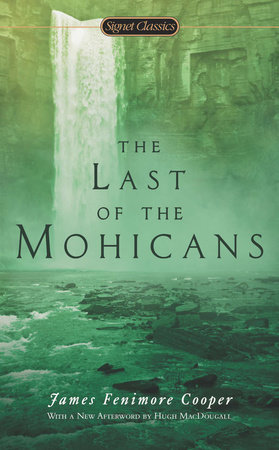Author Q&A
Ned Beauman, author of Madness Is Better Than Defeat, has a conversation with himself.
Q: How did you get the idea for this book?
A: Like many people, I’m fascinated by the production histories of Apocalypse Now and Fitzcarraldo—the sense that, if you set out to make a film about white men who go into the jungle and fall victim to tyrannical hubris and latent insanity, you are yourself doomed to have the exact same thing happen to you. In this book, I wanted to ask, what if there’s a secret reason for that seemingly inescapable pattern, beyond the morass of overstretched budgets and tropical storms and colonial legacies?
Also, in 2010, I did some research into the construction of the Panama Canal. The Canal Zone, with its workforce of thirty thousand, had courthouses, post offices, a newspaper and an army, like a miniature independent nation. The chief of the project, the former army engineer George Washington Goethals was described as ‘an omnipotent, omniscient, omnipresent ruler.’ It made me think of Coppola and Herzog ruling their film sets.
Q: Three of your four books have been set in the 1930s/40s/50s. Do you have any misgivings about that?
A: Serious misgivings. It’s a pretty monotonous output for a writer whose jacket copy advertises him with words like ‘eclectic’ and ‘imaginative.’ However, The New Adventures of Tarzan, the first Hollywood film ever shot on location in the rainforest, came out in 1935, so the book couldn’t realistically have taken place any earlier than that. And it couldn’t have taken place any later, I think, because with each successive decade of the twentieth century, the events herein would become even less plausible.
Other reasons: I wanted to catch the last years of the robber baron era, when the names of living individuals like Rockefeller, Morgan, Vanderbilt, Hearst, and Ford resounded more than the names of limited liability corporations; the Second World War had various useful functions in the background of the early part of the plot; and I liked the idea that the Hearts in Darkness, the Hollywood screwball comedy that begins filming in 1938, had a provenance in common with 1940’s The Philadelphia Story, my favourite comedy.
Q: ‘Beauman, clearly chastened by the mixed reception for Glow (2014), his sole venture into the present day, has now retreated to the safer ground of the interwar era in the hopes of recapturing his earlier critical success.’
A: I had the idea for this book in 2010, I started it in late 2012, and by the time Glow was published in hardback I was already about half way through, so I couldn’t possibly have reacted to the—
Q: ‘BEAUMAN, CLEARLY CHASTENED BY THE MIXED RECEPTION FOR GLOW (2014), HIS SOLE VENTURE INTO THE PRESENT DAY, HAS NOW—’
A: OK, don’t let me stop you.
Q: Also, there is once again a Nazi involved.
A: This is the last time, I swear.
Q: To go back a bit, how is it possible that by the time Glow was published, you were already half way through your next book? Is it because you dash off your novels in between suit fittings and croquet matches?
A: Although that does seem to be the general perception, the reality is that Glow took about eighteen months to come out after I delivered a first draft, so I had time to make plenty of headway on the next one. Subsequently, my progress flagged for various reasons, so all in all I was working on Madness Is Better than Defeat for about four years before I sent a first draft to my editors, and several more months of editing followed.
Look, I write pretty fast, but I’m not a freak of nature. Jonathan Franzen wrote Freedom (570 pages) in fourteen months. Marilynne Robinson wrote Home (352 pages) in eighteen months. Nell Zink wrote The Wallcreeper (200 pages) in three weeks! As I’ve said before, I am in good health, I have no dependents, I have no day job, I don’t leave long gaps between projects, and I don’t make many false starts. Given those factors, I don’t think there is anything especially impressive—or discreditable, depending how you want to look at it—about my productivity.
Q: What are some central influences on this book?
A: Heart of Darkness by Joseph Conrad
Apocalypse Now dir. Francis Ford Coppola (and Hearts in Darkness and Notes)
Fitzcarraldo dir. Werner Herzog (and Burden of Dreams and The Conquest of the Useless)
Bioshock dir. Ken Levine
Fordlandia by Greg Grandin
‘The Economic Organisation of a P.O.W. Camp’ by R. A. Radford
The Sweet Smell of Success dir. Alexander Mackendrick
‘The Aleph’ by Jorge Luis Borges
‘Monadology’ by Gottfried Leibniz
American Tabloid by James Ellroy
Gravity’s Rainbow by Thomas Pynchon
Citizen Kane dir. Orson Welles
Declare by Tim Powers
The City and the City by China Miéville
‘The Horror at Red Hook’ by HP Lovecraft
Q: Will this book be impossible to enjoy if I haven’t read Hearts in Darkness or seen Apocalypse Now or Fitzcarraldo?
A: I hope it won’t make much of a difference. I deliberately didn’t re-read or re-watch any of the three while I was writing this book in order to ensure that it wouldn’t be too larded with references. However, if you have never experienced one or more of them, then under no circumstances should you read my book yet, because a much better use of your time is available.
Q: How much did you plan in advance?
A: Although I get asked this question constantly, I’ve never been able to come up with a very interesting or useful answer. I knew many of the beats I wanted to hit, as screenwriters say, but I also left myself a plenty of gaps and exibility. I wouldn’t say I was improvising, because there was always a margin of planning, so I knew in detail what was coming a certain distance ahead; and of course a host of essential things were in place from the very beginning. But a lot of what ended up in the book—the prominence of certain characters, for instance—would have been a surprise to me when I started it.
OK, how was that? Riveting?
Q: Did you set out to write a complicated book?
A: Yes, in the sense that I chose to write a novel about a large cast of characters, over a long period of time, under the sway of various shadowy and baroque agendas. Given that, it would not only have been structurally impossible to make the book 100 percent streamlined, it would also have been a mismatch between material and approach. Obviously, I didn’t want to explain everything right away, because I wanted to preserve some suspense for the reader, and also because I wanted to evoke, as viscerally as possible, the sense these characters have that they are in the mouth of some enormous dark beast.
But, no, beyond that, it’s not supposed to be confusing. The plot was originally going to be even more expansive, but it got trimmed down, both in the planning stages and in the editing stages, because I was acutely conscious of this issue (and so were my editors, of course). I do find it interesting sometimes to prickle or confound the reader, but I don’t want to alienate anybody for good. If you get lost at any point, you can just email me. I’m serious! Just tell me what page you’re on and what you don’t understand, and I’ll fill you in.
Q: Did you go to Honduras?
A: No. I also didn’t go to Burma for Glow and I didn’t go to Berlin until I’d written most of the Berlin chapters of
The Teleportation Accident. It’s just not my approach. These are not rigorous or reportorial books.
Q: Why does the narrator refer to ‘CIA’ and ‘OSS’ without a definite article?
A: That was how employees of these two organisations often used to talk, and indeed still do. For instance, the very first paragraph of the CIA’s internal style manual remarks that ‘the information CIA gathers and the analysis it produces mean little if we cannot convey them effectively.’ For comparison, we wouldn’t say ‘the MI5.’ (Conversely, however, the narrator refers to the CIA as ‘the Agency’, when really he would have referred to it as ‘the Company’. I felt I had to sacrifice authenticity here to avoid confusion with the United Fruit Company, which also has a role in the book.)
Q: Do you use a lot of long obscure words just to show how clever you are?
A: Sometimes, there is a word which conveys the meaning you are trying to convey more precisely and economically than any other word in the English language, and that word, although an exquisite specimen, happens not to be in common use. I refuse to say, ‘Well, nobody else is using that word, so I can’t either.’ If you think like that, the only trajectory for words is towards death—once a word falls below a certain threshold (or never reached that threshold in the first place), it might as well be purged from the dictionary. But no word is inherently obscure or difficult—we use technical words and long words and foreign words all the time—some of them are just more familiar than others, partly as the net result of a long series of usage decisions by writers at their desks. In the OED there are thousands and thousands of fabulous, irreplaceable words that deserve a chance to shine—and if a literary novelist can’t give them that, who can? The only words I won’t use are words marked in the OED as ‘obsolete’ or ‘archaic,’ even though I often want to.
